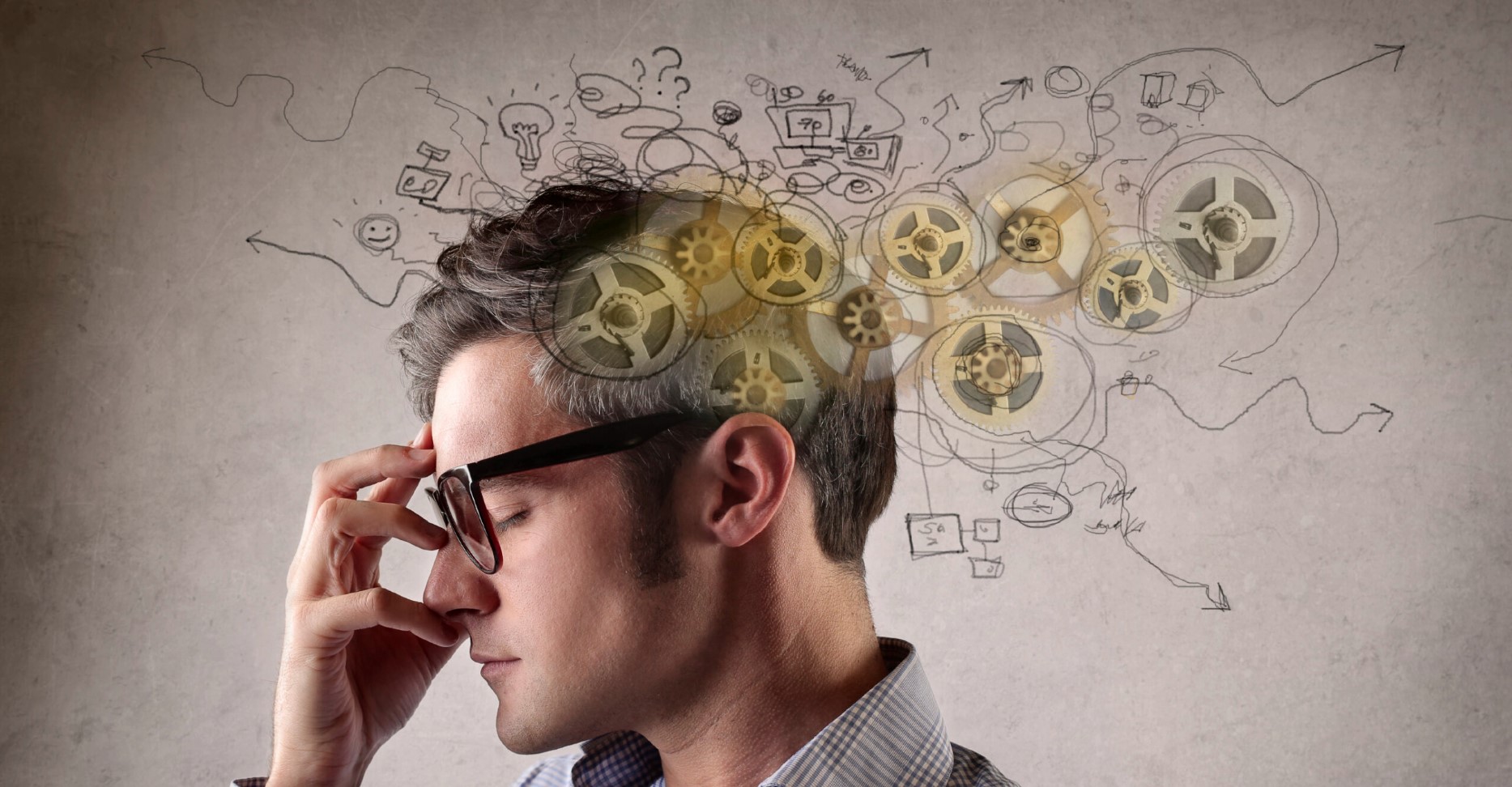Automated trading, often synonymous with algorithmic or algo trading, represents a revolutionary shift in the financial industry. This transformation is powered by computer programs and mathematical models designed to execute trades with precision and speed. These trading bots, as they are commonly known, aim to outperform human traders by eliminating the erratic influence of emotions.
The Rise of Trading Bots
As technology advances, the use of trading bots has surged. These sophisticated algorithms can analyze massive datasets and execute trades in milliseconds, far beyond the capabilities of any human trader. Let’s delve into the factors fueling the rise of trading bots.
The Advantages of Trading Bots
Trading bots offer several distinct advantages over human traders:
- Speed and Efficiency: Bots can process information and execute trades in fractions of a second, ensuring timely responses to market fluctuations.
- Emotionless Execution: By operating on preset rules and algorithms, trading bots eliminate the influence of fear and greed, two major drivers of human trading errors.
- Diversification: Bots can simultaneously manage multiple assets and strategies, spreading risk more effectively than individual traders.
- Continuous Monitoring: These algorithms can operate 24/7, monitoring markets even while human traders rest.
The Role of Artificial Intelligence
Artificial Intelligence (AI) plays a pivotal role in the success of trading bots. Machine learning algorithms enable bots to adapt and improve their strategies over time. They can learn from historical data and adjust their trading parameters to enhance performance. Here’s a closer look at the significant role AI plays in this domain:
AI in Trading: A Dynamic Force
- Data Analysis: AI-powered algorithms excel at processing vast amounts of financial data, enabling traders to gain insights from historical trends and real-time market information.
- Pattern Recognition: AI algorithms are adept at identifying complex patterns and trends within data, helping traders make informed decisions based on predictive analytics.
- Risk Assessment: AI can assess risk levels by evaluating market conditions and historical data, allowing traders to manage and mitigate potential financial risks more effectively.
- Algorithmic Trading: AI enables the automation of trading strategies, executing orders swiftly and accurately, even in high-frequency trading environments.
- Market Sentiment Analysis: AI can analyze news, social media, and other sentiment indicators to gauge market sentiment, providing valuable insights into investor sentiment.
- Adaptive Learning: Machine learning algorithms continuously adapt and improve their strategies based on new data, enhancing their effectiveness over time.
The Human Factor: Emotions in Trading
Despite the undeniable advantages of trading bots, human traders bring a unique set of qualities to the table, primarily their ability to experience emotions. Emotions, however, can be both a trader’s greatest asset and their biggest liability.
The Impact of Emotions
Human traders often fall prey to emotional biases such as fear, greed, and overconfidence. These emotions can cloud judgment and lead to impulsive decisions that result in substantial losses. Understanding these psychological pitfalls is crucial for traders seeking success.
The Art of Decision-Making
Successful trading involves making rational, data-driven decisions. Emotionally charged choices tend to lead to poor outcomes. Traders must learn to maintain discipline and adhere to their strategies, even in the face of market volatility.
Emotions vs. Bots: A Complex Relationship
The interplay between human emotions and trading bots is a fascinating dynamic that shapes financial markets. Let’s explore this complex relationship further.
· The Coexistence
In today’s financial landscape, humans and bots coexist. Some traders rely solely on automated systems, while others blend human intuition with algorithmic precision. This coexistence reflects the diversity of trading strategies.
· The Human Touch
Human traders bring creativity and adaptability to the table. They can assess qualitative factors, such as news events and geopolitical developments, that trading bots may struggle to interpret accurately.
· The Bot Advantage
On the other hand, trading bots excel in quantitative analysis. They can swiftly process vast datasets and execute trades based on predefined parameters. This advantage can be especially valuable in high-frequency trading environments.
Risk and Responsibility
Trading, whether executed by humans or bots, is not without its risks. Understanding these risks and taking responsibility for trading decisions is paramount.
Risk Management
Effective risk management is a fundamental aspect of trading. Both human traders and bots must establish stop-loss levels and implement position sizing strategies to limit potential losses.
Responsibility in Automated Trading
While trading bots operate autonomously, human oversight remains essential. Traders must monitor their algorithms, update them as needed, and intervene in extreme market conditions to prevent unexpected outcomes.
The Future of Trading
As technology continues to advance and financial markets evolve, what does the future hold for the psychology of automated trading?
Enhanced Collaboration
- The future may witness a more significant collaboration between humans and bots. Traders could leverage the strengths of algorithms while providing critical qualitative insights.
Ethical Considerations
- As automation in trading expands, ethical questions arise. How do we ensure that bots act ethically and responsibly in the financial markets? Regulators and industry stakeholders will play a vital role in shaping this landscape.
Continuous Learning
- In a field as dynamic as finance, continuous learning is imperative. Traders, whether human or algorithmic, must adapt to changing market conditions and stay abreast of technological advancements.
FAQs
Q: Can trading bots guarantee profits? A: No, trading bots cannot guarantee profits. They are tools that execute predefined strategies and are subject to market risks.
Q: What emotions affect trading decisions the most? A: Fear and greed are the two emotions that often have the most significant impact on trading decisions.
Q: Are trading bots suitable for beginners? A: Trading bots can be beneficial for beginners, but it’s essential to understand their operation and the risks involved.
Q: How do trading bots handle unexpected market events? A: Trading bots may struggle to adapt to unexpected events, which is why human oversight is crucial in such situations.
Q: Are there ethical concerns surrounding the use of trading bots? A: Yes, ethical concerns exist, especially regarding market manipulation and unfair advantages. Regulators are actively addressing these issues.
Q: Can emotions be entirely eliminated from trading? A: While emotions can’t be entirely eliminated, traders can learn to manage them and make more rational decisions.

